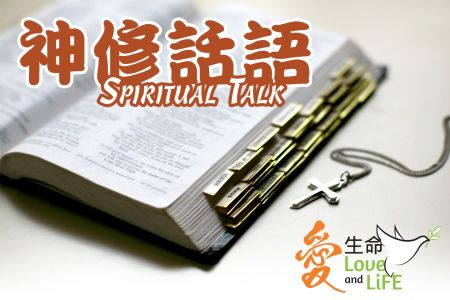For five months in the Spanish Civil War, St. Josemaría Escrivá hid from the Communists in an insane asylum. Many of the “patients” were actually refugees; as many of the medical staff had Communist sympathies, they would report suspected refugees to the secret police. However, some doctors taught St. Josemaría how to imitate an insane person. Assigned to him were three nurses – two of whom were Communist sympathizers and one, the head nurse María Luisa, who was a reliable person. St. Josemaría told her that he was a Catholic priest and asked her to stand guard as he celebrated Mass in his room. In 1936, due to the severe religious persecution, the Holy See exempted priests in Spain from the usual requirements of an altar, liturgical vessels, and vestments for celebrating the Mass. Every day, St. Josemaría secretly celebrated the Mass and brought the Eucharist to other political refugees in the asylum. He would also write letters to encourage the other patients, using codewords to disguise their contents: “Don Manuel” meant Jesus, “Don Manuel’s mother” meant Mary, and grandfather meant God the Father. St. Josemaría wrote his letters like a grandfather to his grandchildren. In 1937, he moved to hide at the Honduran Consulate; before leaving, he gave the Eucharist to the other refugees wrapped in paper so they could receive without touching it with their hands. Because consulates enjoy diplomatic immunity, they sheltered many Catholic refugees, although they suffered overcrowding and starvation. He would offer Mass every day on luggage cases as an altar, with a crystal glass as a chalice, and with a suit and tie as vestments.
